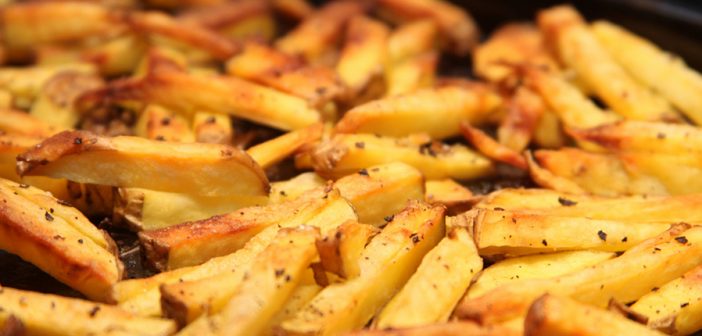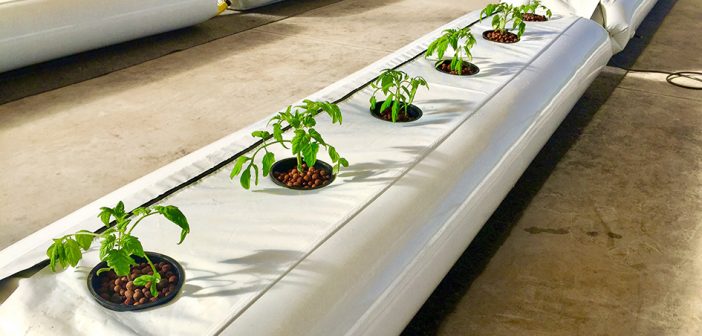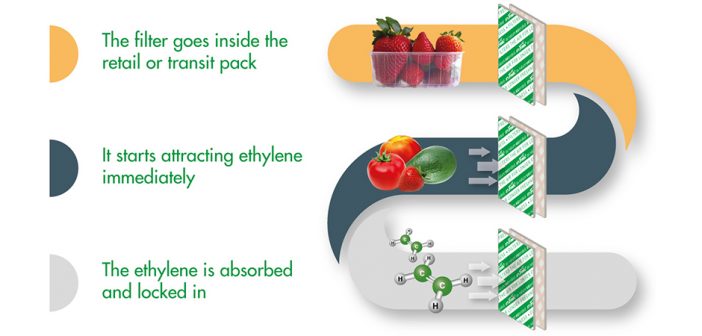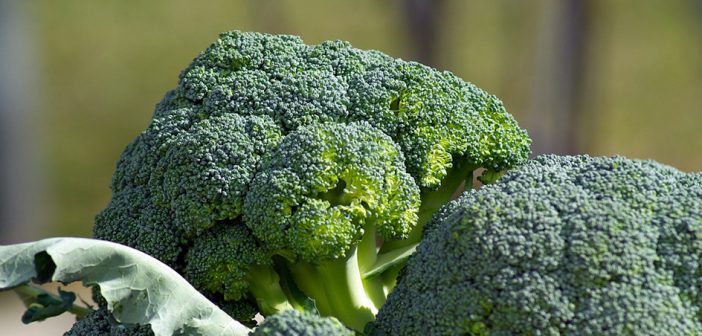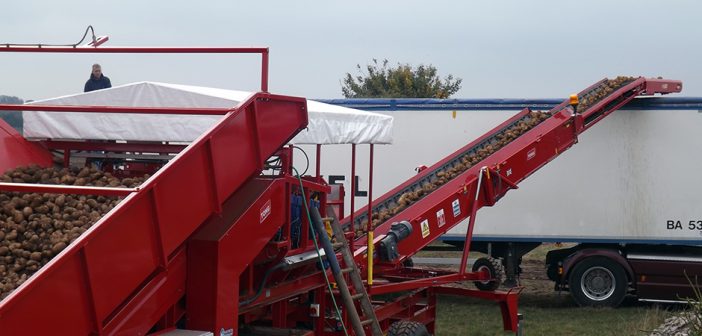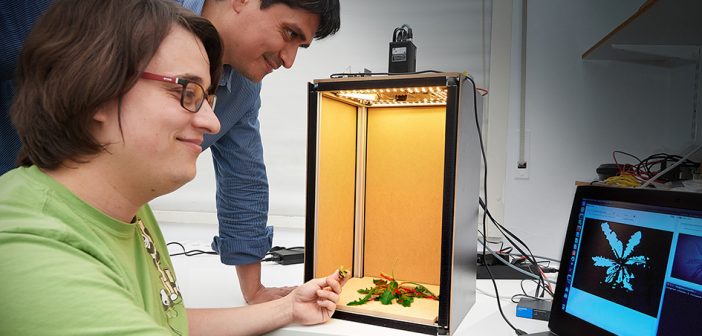Soft fruit supplier Berryworld has sought to raise the profile of its own brand berries, which were first launched 18 months ago, by handing out around 7,500 pots of raspberries to tennis fans in the queue during the first week of Wimbledon.
Berryworld Managing Director Paul Cole said the event was aimed at raising awareness of the company’s branded offering: “We’ve done tastings at retailers, but that’s mainly been own label,” he said. “This is the biggest event we’ve done to promote our brand but we’ve got more planned. There are so many different avenues you can go down to push the name forward.”
He also said that while products such as raspberries and blueberries were unlikely to become as popular as strawberries, there was plenty of potential for growth. “They’ve got a long way to go and part of our job as marketers is getting people buying into them,” he added.

Photo Credit: Wikipedia Commons
The post Berryworld gives away raspberries at Wimbledon appeared first on Hort News.
